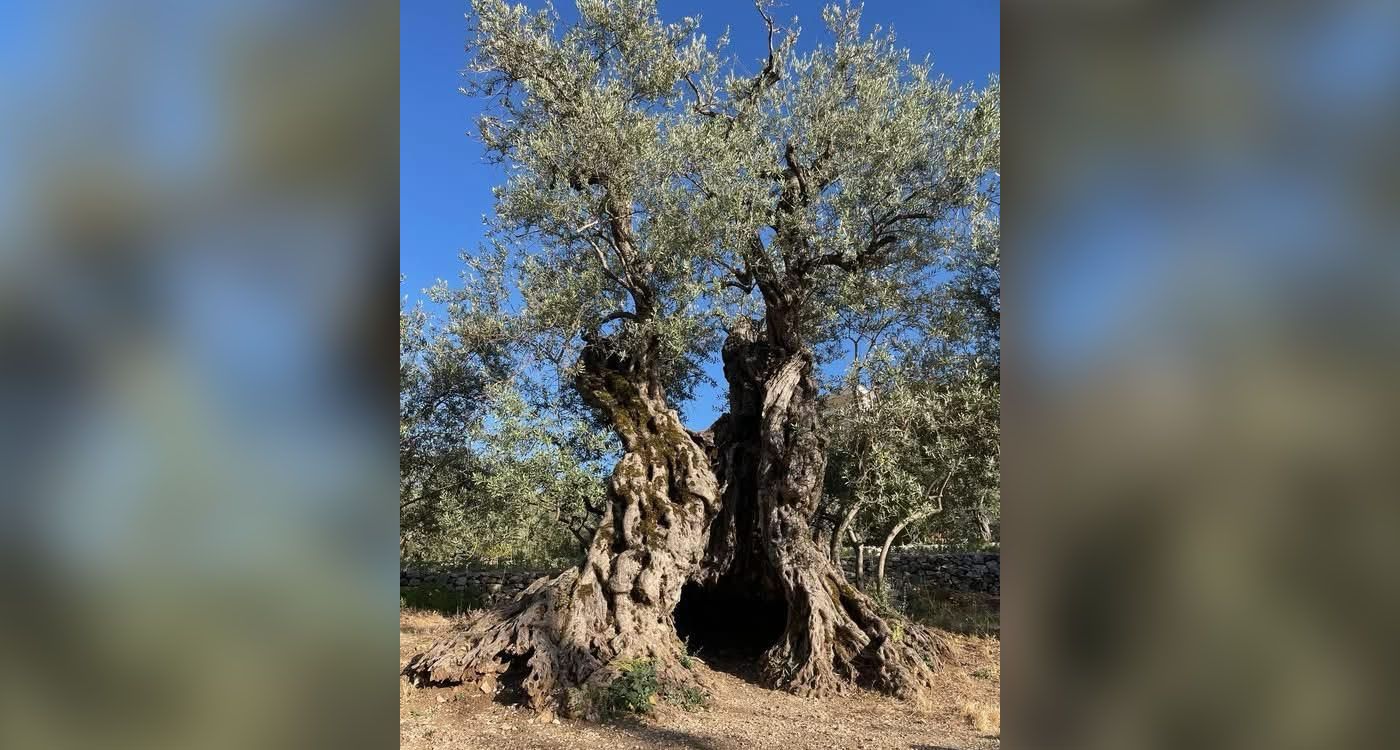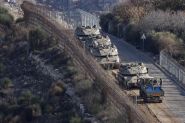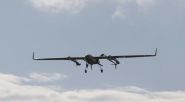
Beneath the skies of southern Lebanon, the olive trees stand as the last guardians of a wounded peace. Amid mined lands, confiscated fields, and deserted terrain, life persists, silent yet unyielding.
After a spiral of violence that devastated villages and farmland, the scars of war remain visible in Deir Mimas, Khiam, Houla, Blida, and Mays al-Jabal. More than 60,000 olive trees have been destroyed. “This year, we lost everything,” says Rose from Deir Mimas. “The trees are no longer pruned, the olives wither on the branches, and no one dares venture out because of the mines.”

Access to the orchards near the Blue Line requires a special permit issued by the Lebanese Armed Forces (LAF) in coordination with the United Nations Interim Force in Lebanon (UNIFIL) – © Katia Kahil / This is Beirut
Even under a fragile ceasefire, restrictions make any recovery nearly impossible. Access to the orchards near the Blue Line requires a special permit from the Lebanese Armed Forces (LAF) in coordination with UNIFIL, all under the constant watch of the Israeli army.
“We are allowed only six days to harvest, plow, and prune, work that normally takes a month,” explains Nabil. “And even during this short window, an Israeli drone dropped a bomb on farmers in Khiam.”
An Absurd Procedure, a Daily Struggle
In several border villages, some areas are now designated as “red zones,” off-limits even to the army. “Many lands have been razed or burned, and others are simply unreachable. This year, there is barely a harvest,” says Hassan Sheet, KfarKila’s Head of Municipality.
Farmers are exhausted trying to keep their work alive. “Reaching the fields is too costly and puts our lives at risk. Like many others, we now prefer to buy olives or oil rather than produce our own,” explains landowner Abbas Fakih.
Abou Fadi from Deir Mimas laments the loss of vast family olive groves destroyed by bulldozers. “Even the access roads have been wiped out. The path to our land is literally filled with obstacles,” he says.
A Ghost Season
Autumn was once a time of celebration and togetherness. It is as if the war has severed the thread of a centuries-old tradition. “It used to be the olive oil season, when families gathered and children learned the gestures of their grandparents,” recalls Em Khalil, a resident of Marjayoun. “Now my most beautiful trees stand behind an invisible barrier. I can see them, but I can no longer touch them. It feels like watching your child in captivity.”
The rupture is both economic and spiritual. The presses have fallen silent, families are without income, and a liter of olive oil now costs more than 20 dollars, a luxury in a region that once thrived on self-sufficiency.
“Before the war, the whole village lived off the harvest. Today, it is a ghost season,” says Linda, an olive producer from Khiam. “This year we harvested only 250 kilos,” adds Khaled, a farmer from Blida. “In 2022, our orchard of 150 olive trees produced ten times more.”

© Katia Kahil / This is Beirut
A Wounded Land, Still Alive
The war has not only displaced people; it has scarred the land. Hectares of olive groves have been burned, the soil depleted, roots choked beneath shell fragments. Yet amid the ruins, some trees bloom again.
Local associations are supporting farmers by clearing mines and reviving pruning and cultivation. “We’ve begun pruning the trees again and preparing the soil. It’s a start, a breath of new life,” says Linda, an olive producer from Klayaa.
Despite the risks, some families still quietly enter forbidden zones to harvest a few olives. “It’s our way of showing that we’re still here,” says Abdallah, holding a green olive in his hand.
The Tree of Faith
In both Christianity and Islam, the olive tree is a symbol of peace, wisdom, and light. It stands as a witness to fragile coexistence, a light protected against all odds. Its oil, used in sacred rituals, embodies blessing and healing.
“Even when burned, the olive tree endures,” whispers Jamil, a farmer from Houla. “It waits for peace to bloom again. Just like us.”



Comments